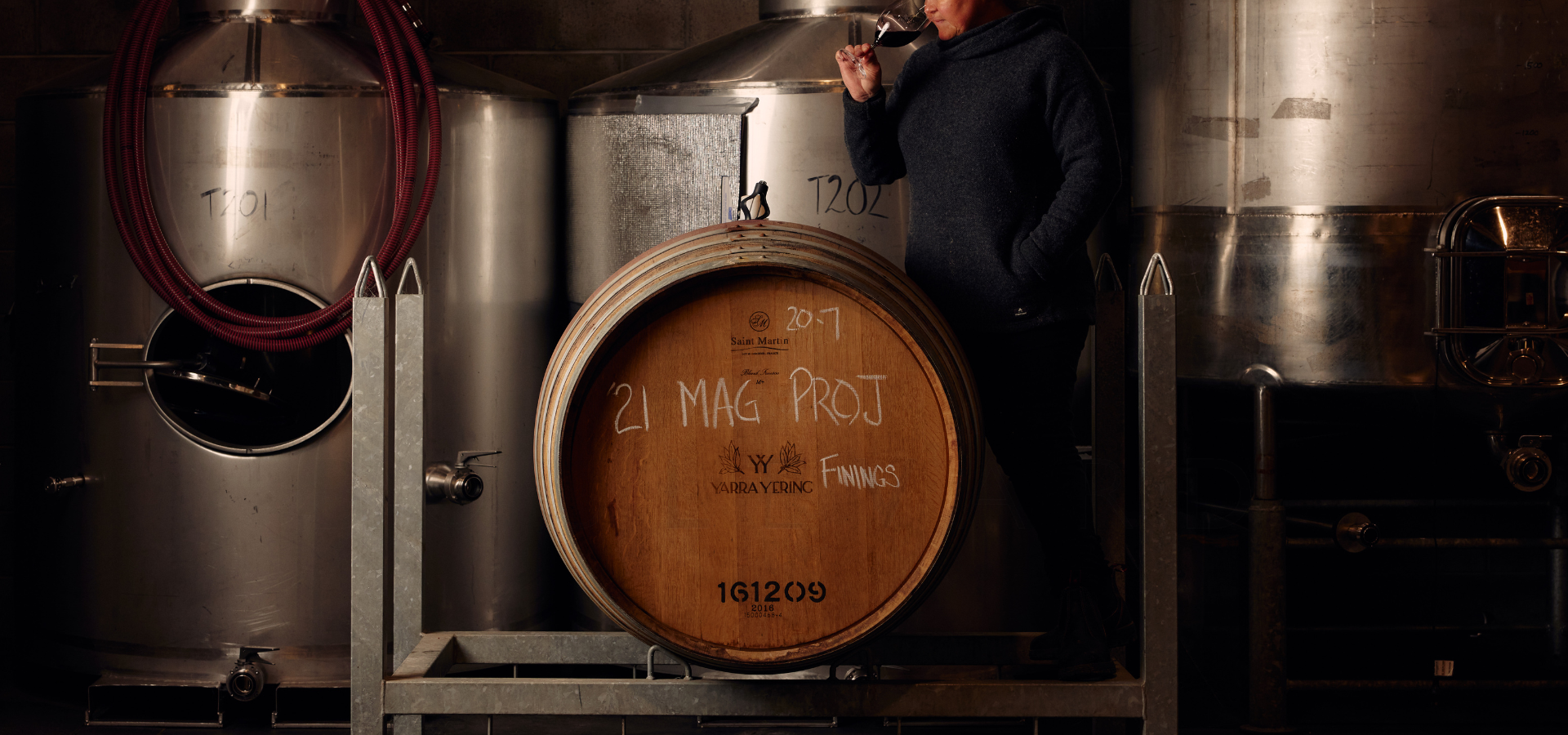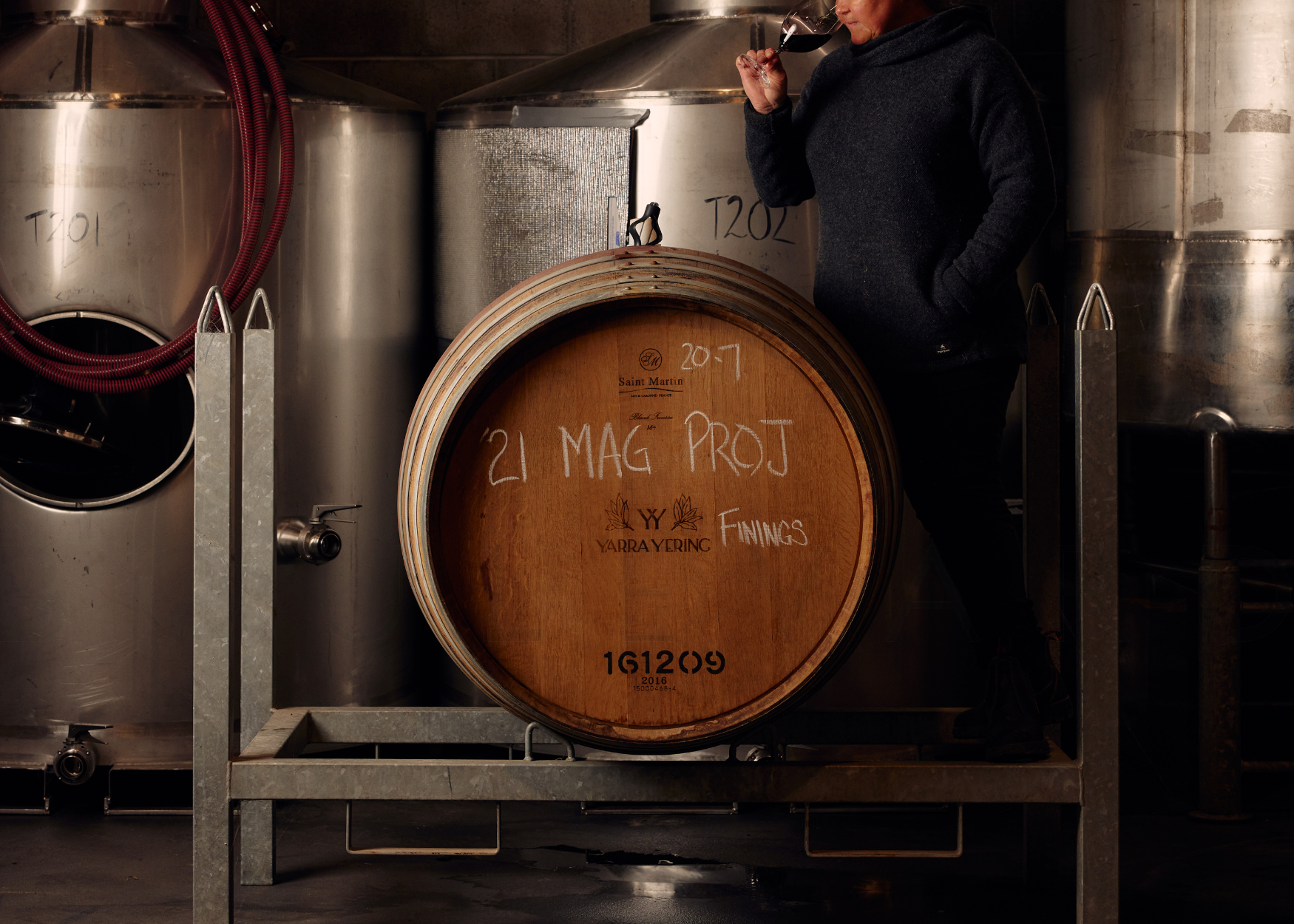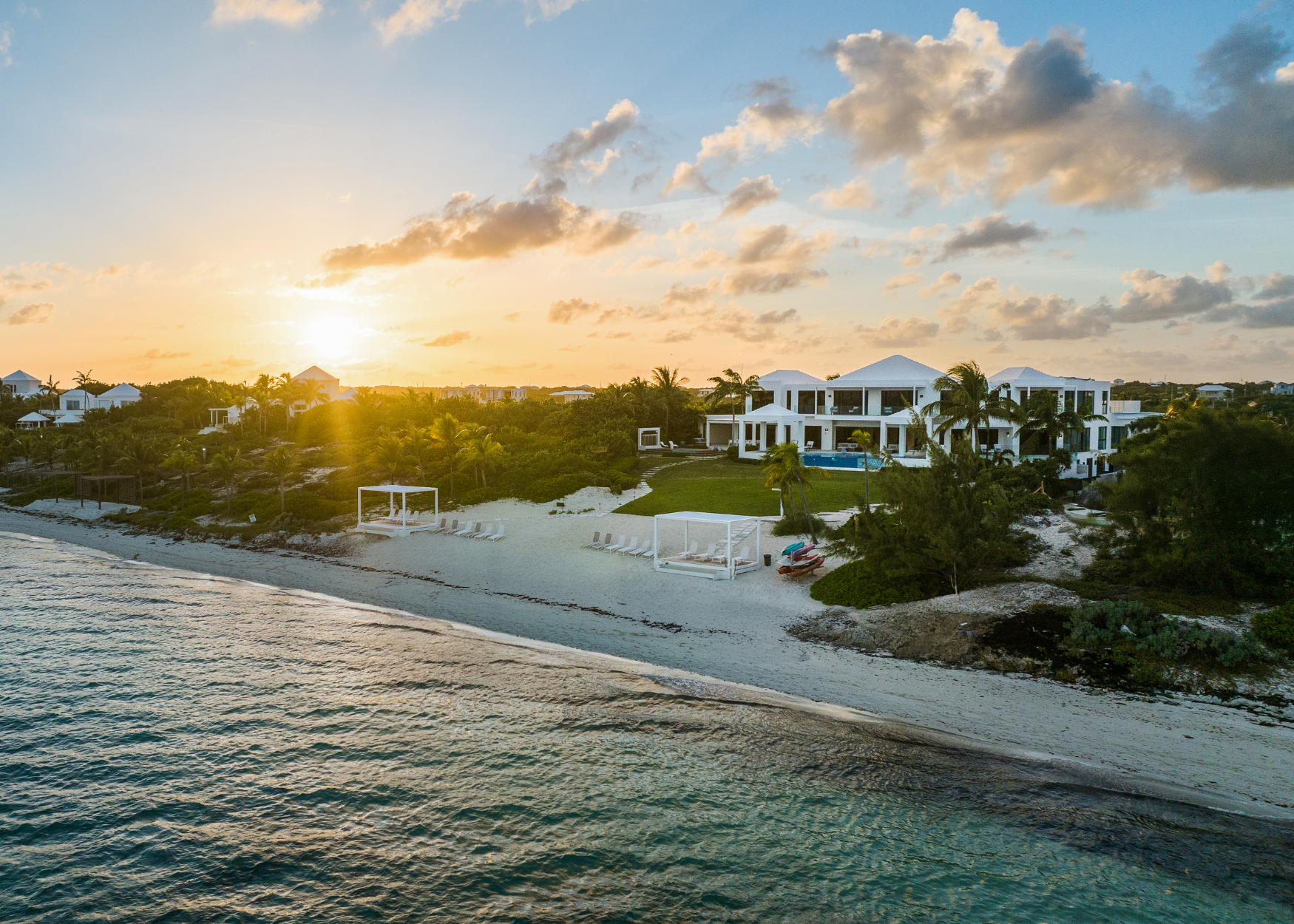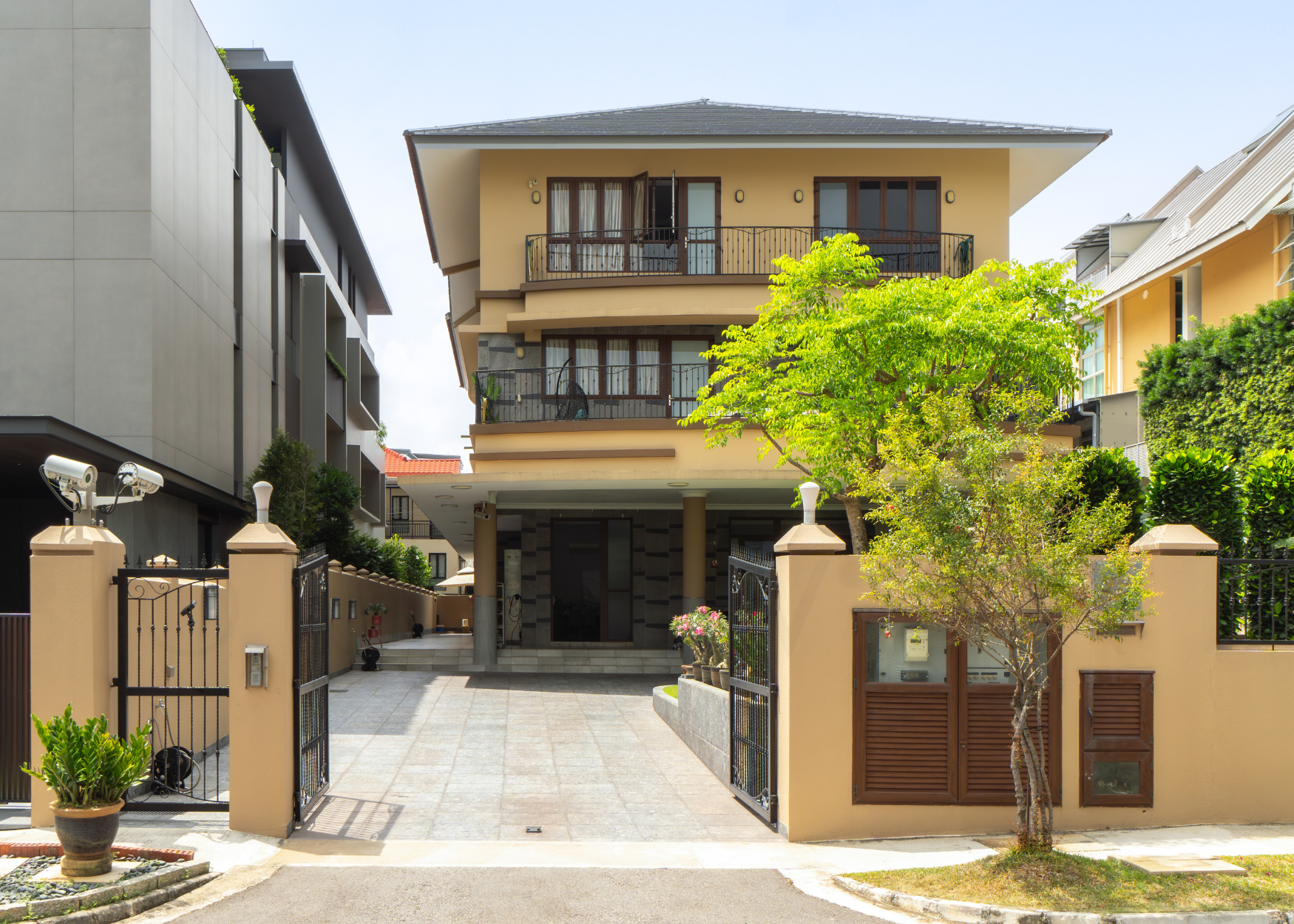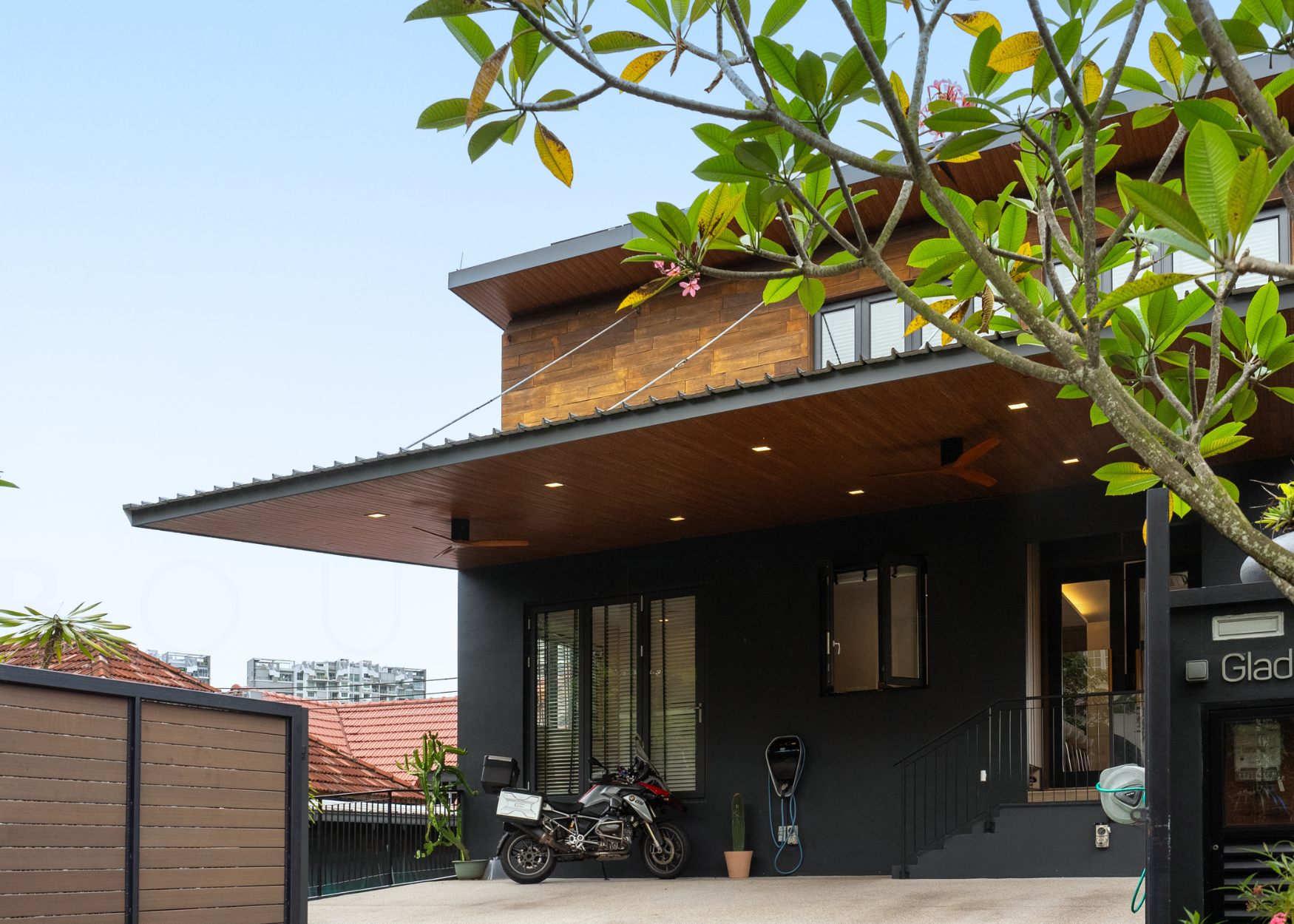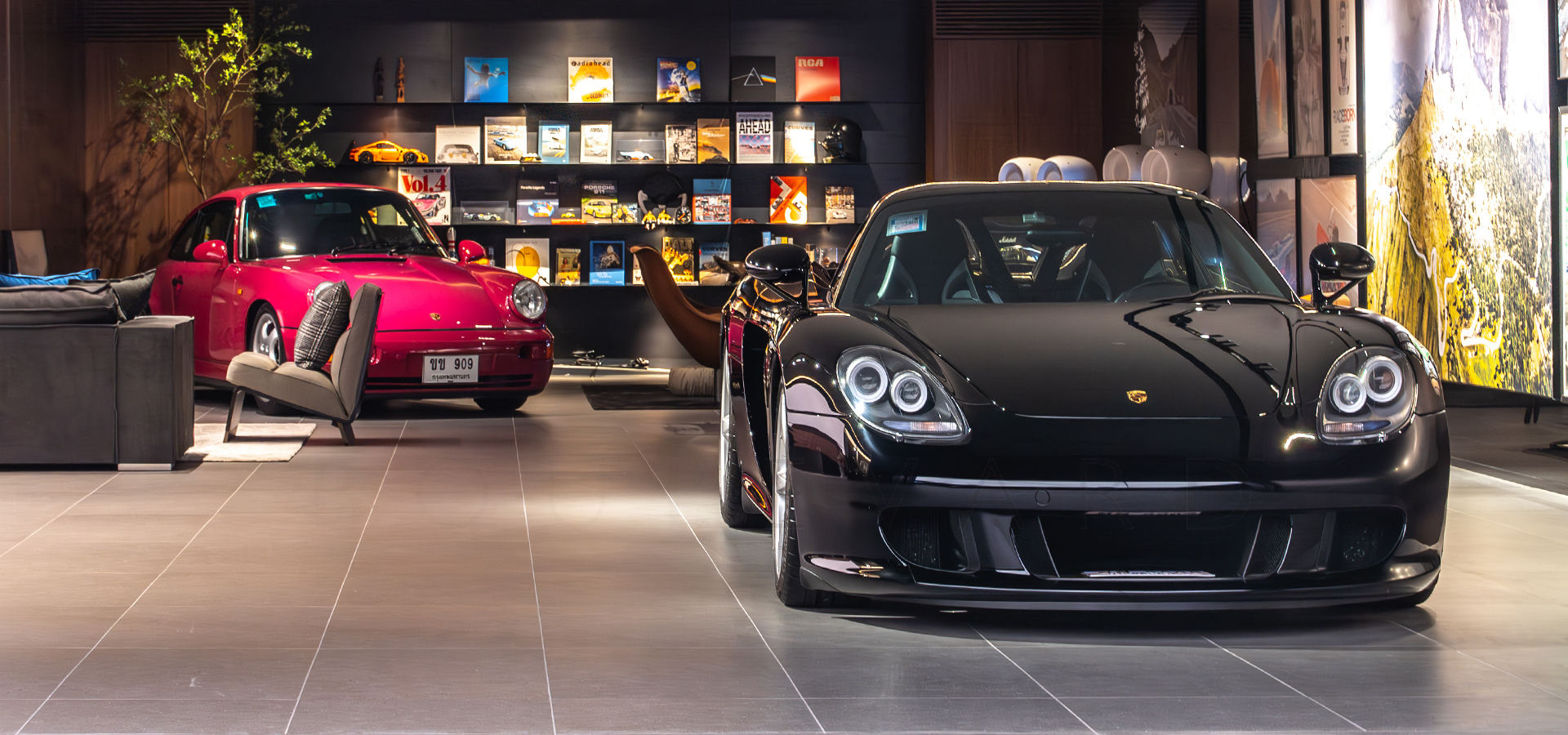The interview: Sarah Crowe, winemaker and general manager of Yarra Yering, on honouring heritage and embracing winemaking innovations
Yarra Yering is one the oldest vineyards in Victoria’s Yarra Valley, but is also one of the youngest in the region to hold a Langtons Classification. Heralding a legacy of more than five decades, the brand’s winemaker and general manager Sarah Crowe talks us through its heritage, evolving practices and how the Langtons Classification have enhanced their reputation in the winemaking industry.
Boulevard: The winery has been passed onto many generations that created a remarkable heritage. How does this heritage influence your current operations and wine production?
Sarah Crowe: We think about our heritage every day around what has come before us and what has already been learnt, what have we forgotten and is there anything we should revisit. There is confidence in having been around for 50+ years and surviving, but this doesn’t mean that we rest on our laurels. We are always striving to improve on the year before, daring ourselves to be better. Our brand has been evolving constantly, we don’t ever want to stop that process be it trialling new varieties, alternative vessels or introducing new blends.
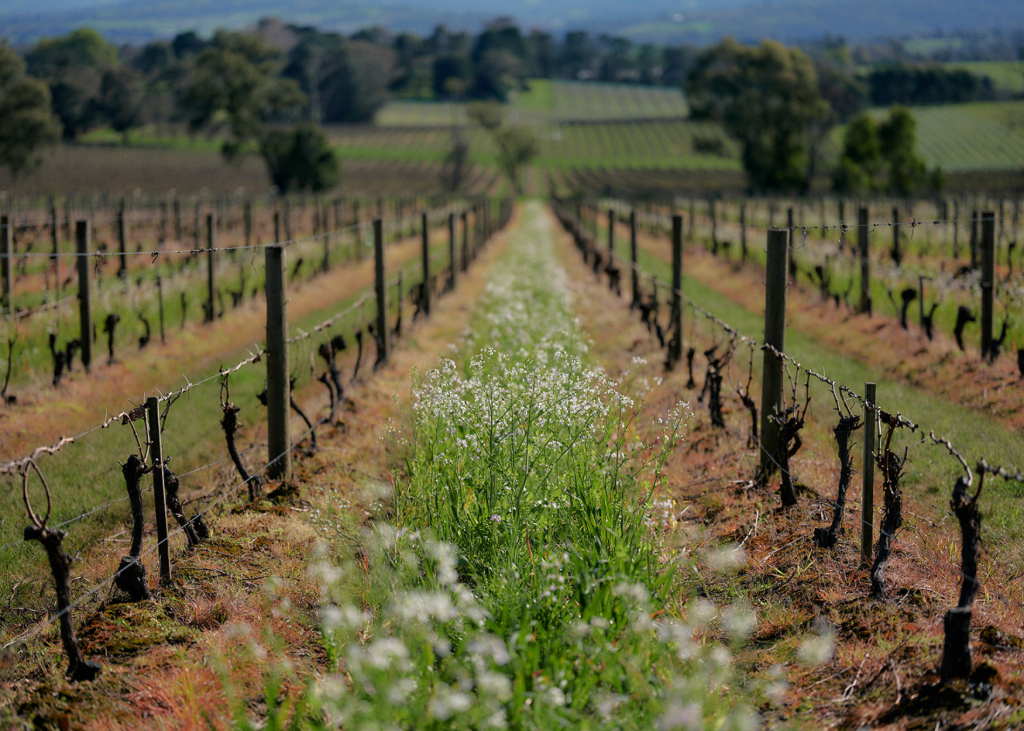
Blvd: What do you think are some unique challenges winemakers in the region face today and how do you overcome them?
Crowe: We are still considered a young region, albeit a premium wine region. Competing with 100+ year old vines can give you an inferiority complex, but we’ve played an impressive game in what is only a 50-year history.
We are fighting a changing climate, in our 50 years, things have changed enough for us to know this is real, and so we are planning what we want the vineyard to look like in another 50 years. Things like varietal mix, changing row orientation, increasing our soil health and ability to manipulate our vine canopy for shading. A combination of many things, being very present will help us to maintain our premium reputation.
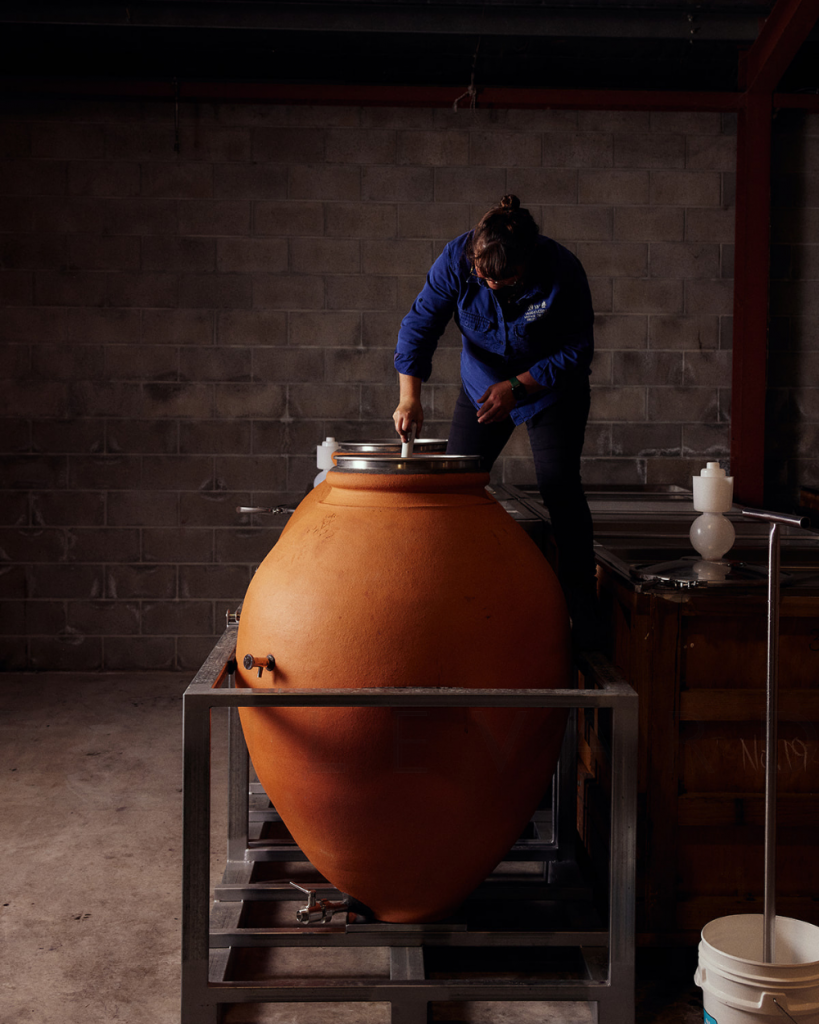
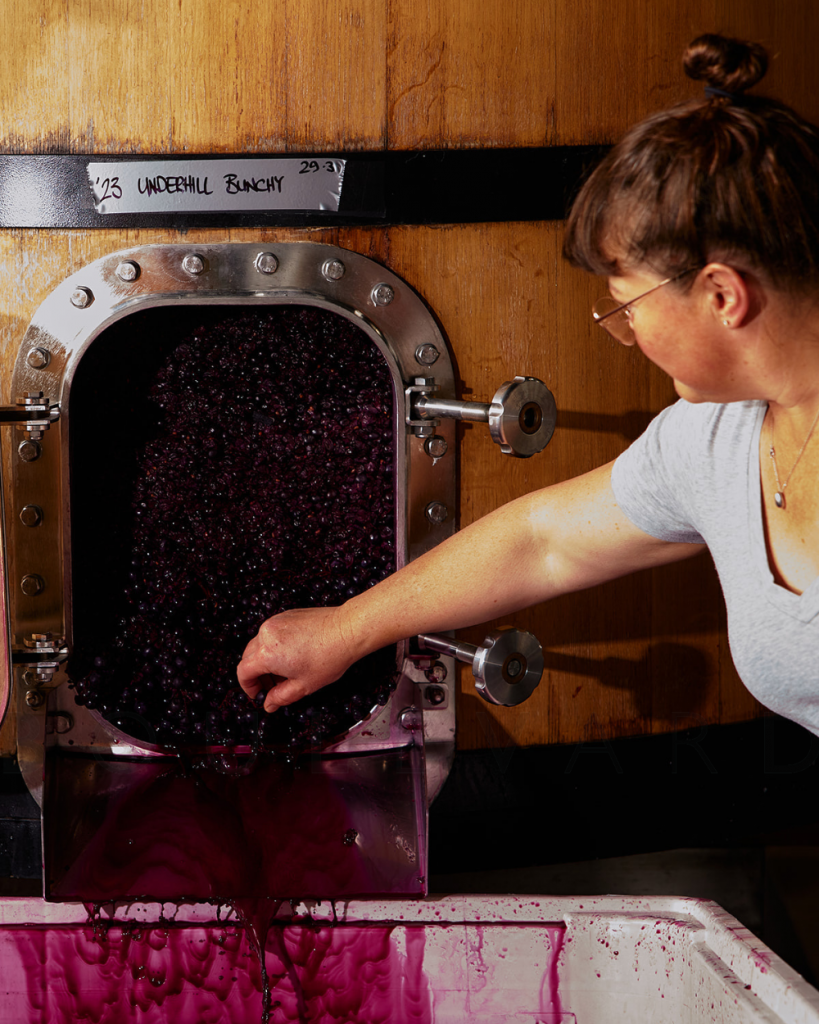
Blvd: In what ways do you continue to strengthen and innovate your practices and best wines?
Crowe: The vineyard is our greatest asset, so anything we can do to increase our vine health and soil biodiversity is healing and future proofing. We want to ensure we are putting back more than we are taking out of our precious land. Challenging ourselves always to learn something new through trial work in the vineyard and winery is key. Investing in capital equipment to assist us in highlighting the unique aspects of our site, through grapes, turned into wine.
Our goal is to highlight the grapes and vineyard more and more, less obvious ‘winemaking’ is making wines with more pure expressions of our unique site.
Blvd: How has Langtons Classification impacted your winery’s vision, reputation, and portfolio?
Crowe: The classification reassures us that we are on the right path, and it’s a path we want to continue on with all of our wines. The fact that people love to collect our wines, carefully cellar them and bring them out to celebrate and mark special occasions is a real buzz. Being a part of these moments in people’s lives is very special.
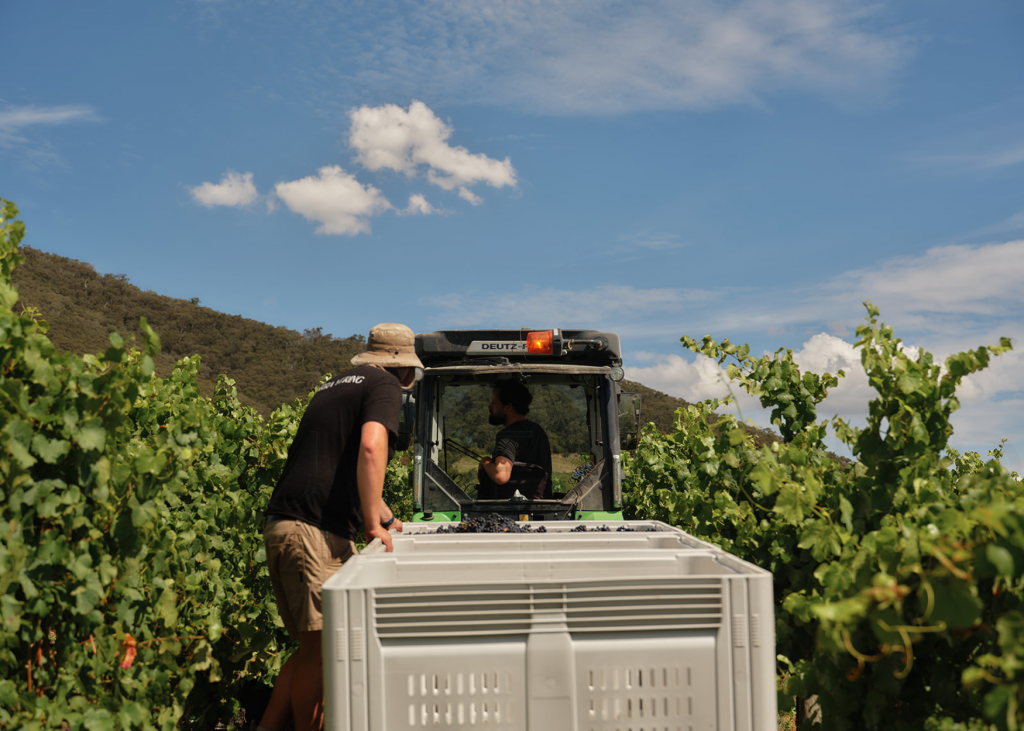
This classification only strengthens our resolve to make these wines better each year. And by maintaining these wines, in the last few years we have been encouraged to introduce some more accessible wines, not reliant on cellaring, but wines that are great quality, yet ready to be enjoyed.
Blvd: How do you see the role of Australian wineries transforming in the regional and global wine market over the next few years? What trends are you seeing or anticipating?
Crowe: There is a global trend, a few years old now, to more accessible and lighter framed wines, the Yarra Valley is perfectly poised to satisfy this changing consumer palate. We make elegant wines with a captivating fragrance, a medium palate weight, moderate alcohols, wines that are intriguing and beguiling, wines that you want to savour, that can be cellared, and which will reward years of patience.
Read next:
